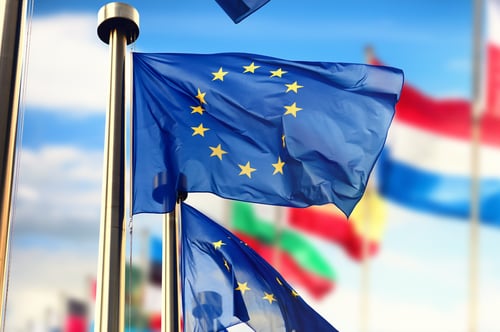The consultations are focused on authorization and conflict-of-interest rules for crypto companies. These rules are part of the landmark digital assets regulation.
The European Securities and Markets Authority (ESMA) has proposed how crypto companies in the European Union should be authorized. These proposals are the first to use the new powers granted under the bloc's Markets in Crypto Assets (MiCA) law.
The EU securities agency has released a 160-page consultation outlining proposals for crypto firms. These proposals cover topics like handling user complaints and managing conflicts of interest.
The MiCA regulation will be implemented in 2024. It allows wallet providers and exchanges, or CASPs, to operate throughout the 27-nation bloc with a single license. Additionally, it establishes reserve requirements for stablecoins that are pegged to the value of other assets.
The law was largely agreed upon by June 2022, but ESMA has considered subsequent allegations of poor governance and security in the crypto sector. These allegations surfaced after the FTX exchange filed for bankruptcy in November.
“Some of the recent collapses in the crypto world have shown a misuse of clients’ funds and crypto-assets,” said the consultation, citing “media reports about hack attacks at CASPs, which have often resulted in the theft of significant amounts of client crypto-assets.”
The agency is requesting confidential information from crypto companies. They want to know about the companies' expected revenue, the number of white papers, and their use of on- and off-chain trading. The consultation period will last until September 20th.
ESMA will release more consultations in October. These consultations will cover sustainability and record-keeping. The final batch of consultations is scheduled for early 2024. This batch will address whether crypto is security and how foreign companies can serve EU clients.
Applicants must demonstrate that they keep clients' funds and crypto separate and do not use them for the company's purposes. They must also provide information about the security of their ICT system and the underlying distributed ledger technology. This is stated in the document.
Companies must identify and manage potentially conflicting interests between clients. For example, if they execute orders for clients and operate a trading platform simultaneously. They must also handle situations where a staff member has access to confidential information about a crypto asset that they hold.
 Nikolas Sargeant
Nikolas Sargeant





